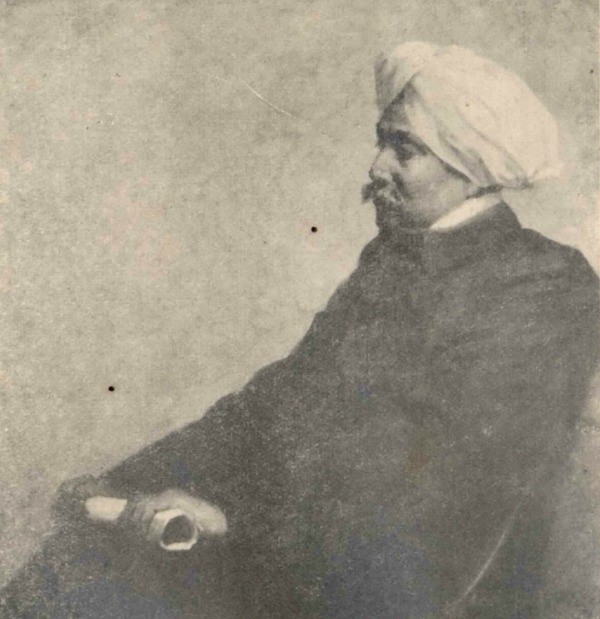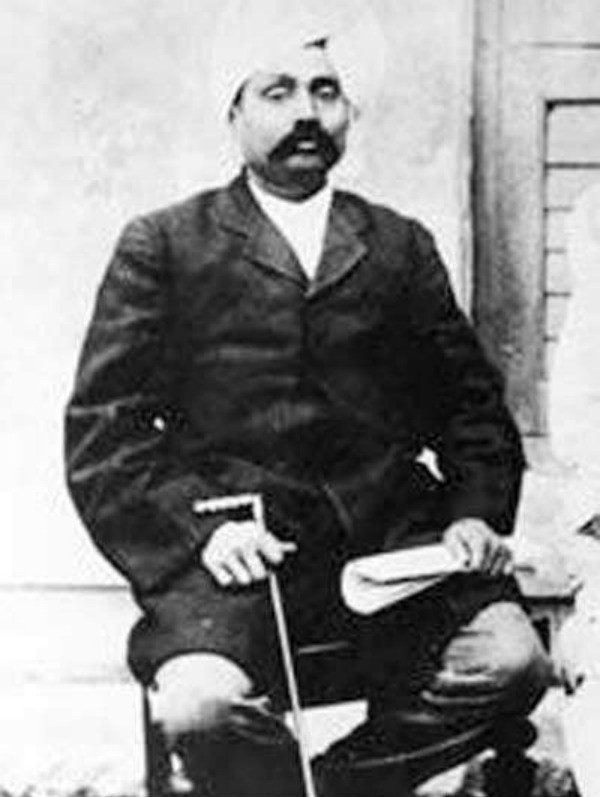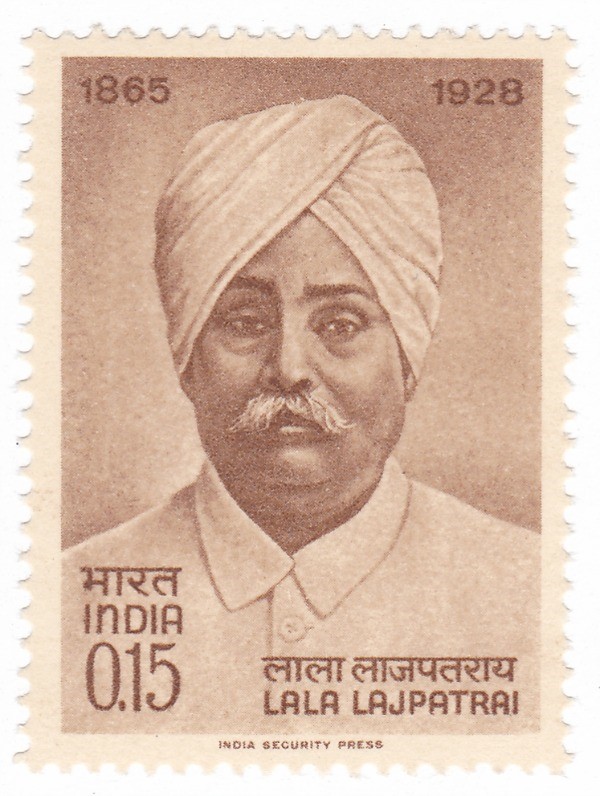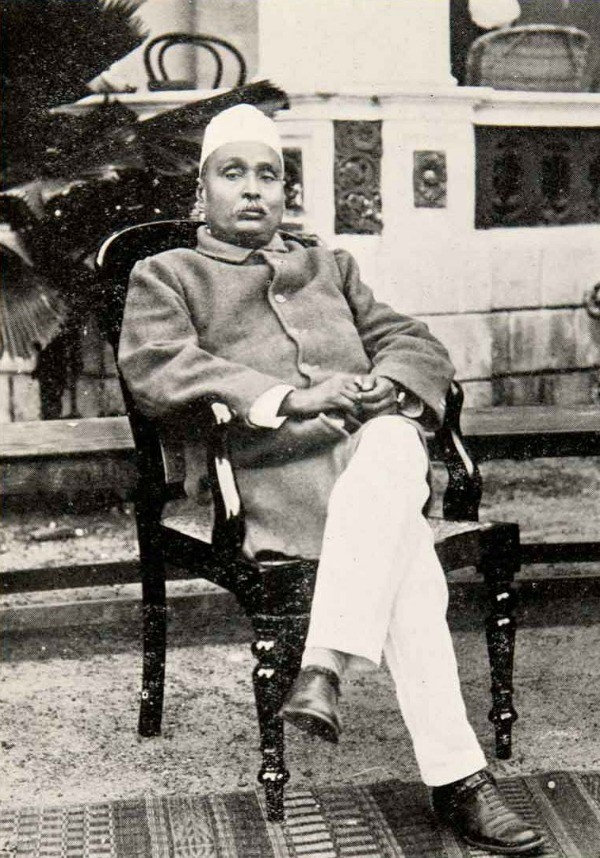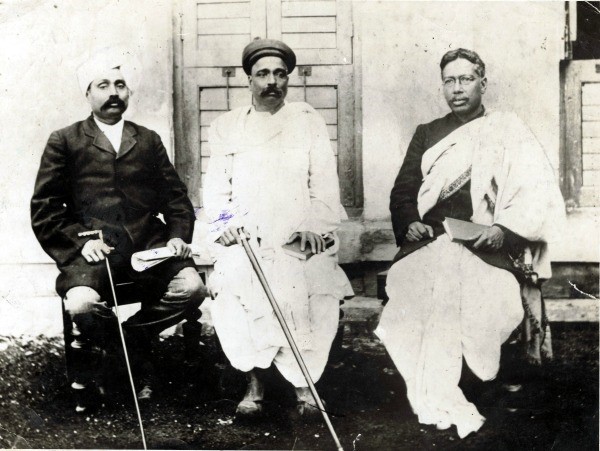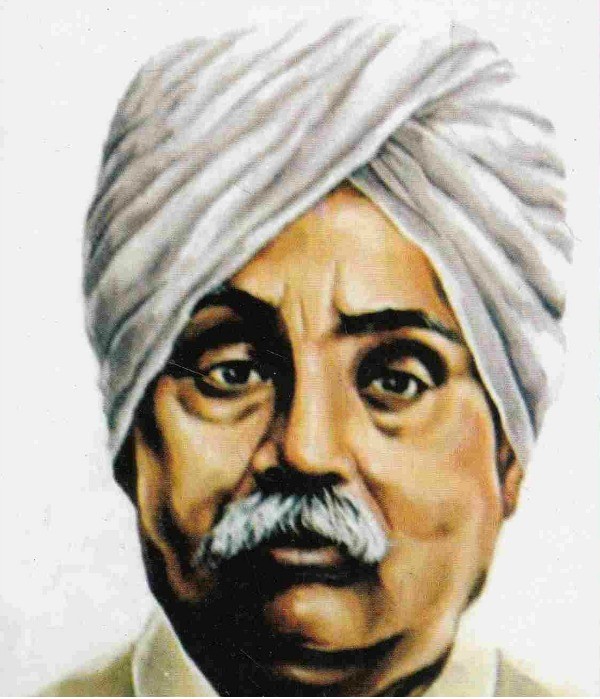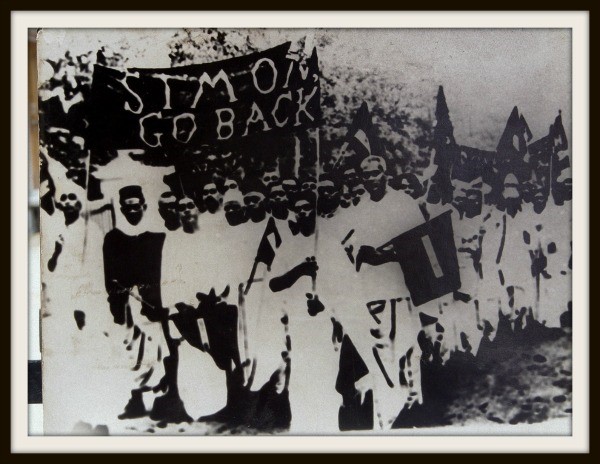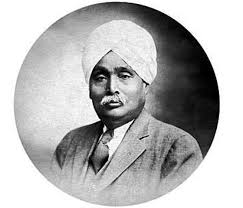
Lala Lajpat Rai
Born
28 January 1865
Dhudike, Punjab, British India
Died
17 November 1928
Lahore, Punjab, British India
Age
63
Organization
Indian National Congress
Arya Samaj
Movement
Indian Independence Movement
1. He was born in a scholarly background.
Lala Lajpat Rai was born to Munshi Radha Krishna Azad, a great scholar of Persian and Urdu, and his wife Gulab Devi, a strict religious lady on January 28, 1865, in Ferozpur, Punjab.
2. He was a man of great values.
In 1886, when his family shifted to Hissar, Lala Lajpat Rai started practicing law. It was here that he set up the nationalistic Dayanand Anglo-Vedic school and turned into a follower of Dayanand Saraswati, who founded the Arya Samaj institution.
3. Punjab National Bank came into existence because of Lala Lajpat Rai.
Showing concern for self-help and enterprise in India, Rai helped found the Punjab National Bank in 1895, which is still trusted as an excellent banking option by innumerable Indians.
4. He was the chief architect of the Swadeshi movement.
Even before Gandhi and Nehru, Lala Lajpat Rai stressed self-reliance for Indians in the 1900 session of the National Congress. He was later one of the architects of the Swadeshi movement (now turned into Make-In-India) along with Mahatma Gandhi, Aurobindo Ghosh, Bal Gangadhar Tilak, Bipin Chandra Pal and others. There was also a postage stamp issued in India to honour Rai.
5. Lala Lajpat Rai travelled to the US in 1907 and came back with vast knowledge.
Rai toured Sikh communities along the West Coast in the USA and noted sociological similarities between the notion of 'color-caste' there and within castes in India. He also wrote this in his travelogue, The United States of America (1916).
6. Presiding over the Indian National Congress was no mean feat.
In 1920, upon his return from America, Rai was invited to preside over a special session of the Congress in Calcutta. These sessions were now a means for revolutionary Indians to decide their future course of action in trying to fight the British rule.
7. 'Punjab Kesari' was a title given to Rai even before the newspaper came into existence.
Lala Lajpat Rai participated actively in the non-cooperation movement against British rule, which was started mainly to oppose the Rowlatt Act. The Rowlatt Act was formed by the British so that they could jail any Indian who was threatening to cause damage to them through their protests. For showing bravery in opposing this new legislation, in Punjab, Lala Lajpat Rai was given the title of 'Punjab Kesari' (the lion of Punjab).
8. Rai wrote a whole lot of books as well.
He was a freedom fighter and leader, but Rai was also a noted author. 'History of the Arya Samaj', 'England's Debt to India: India, The Problems Of National Education In India', 'Swaraj and Social Change', 'The United States of America: A Hindu's impressions and a study', were some of the books he penned.
9. He died a hero.
Lala Lajpat Rai launched a peaceful procession to boycott arrival of the Simon Commission in Lahore in 1928, which was sent to recommend constitutional reform in India under the British rule. However, then Superintendent of Police, Scott ordered a 'lathi-charge' at all the activists to stop them. The police hit Lala Lajpat Rai on the chest during this exchange and targeted him in particular. Unfortunately, the confrontation led to Rai's death. To take revenge, Bhagat Singh and his associates tried to assassinate Scott. Instead, they killed JP Saunders, an Assistant Superintendent of Police, mistaking him for Scott.
10. Martyrs' Day is celebrated in India in Rai's honour.
Lala Lajpat Rai's death anniversary, 17 November, is one of the several days celebrated as Martyrs' Day in India.
11. He was a pillar of extremist nationalism in India.
Rai has been long described as 'a pillar of extremist nationalism in India' for his bravery in protesting against the British rule. Many universities and hospitals have been opened in India in his honour.
